Have you ever experienced those pesky sniffles, watery eyes, or that annoying itchiness that just won't seem to go away? Well, you're not alone. Allergies are a common occurrence for many people, and understanding what triggers them can be the key to finding relief. In Connecticut (CT), allergy reports play a crucial role in identifying allergens and helping individuals manage their symptoms effectively. In this article, we'll delve into the world of allergy reports in CT, uncovering what they are, why they're important, and how they can make a difference in your life.
Understanding Allergy Reports
What Are Allergy Reports?
Allergy reports are comprehensive documents that detail the presence of various allergens in a specific area, such as a city or region. These reports are compiled using data collected from various sources, including environmental monitoring stations, pollen counts, and medical records.
How Are Allergy Reports Generated?
In CT, allergy reports are typically generated by specialized organizations or government agencies tasked with monitoring environmental allergens. These reports rely on a combination of scientific data, including pollen counts, air quality measurements, and allergy prevalence rates, to provide accurate and up-to-date information.
Why Are Allergy Reports Important?
Identifying Allergens
One of the primary functions of allergy reports is to identify the presence of allergens in a given area. By analyzing data on pollen counts, air quality, and other environmental factors, these reports can pinpoint the specific allergens that may be triggering allergic reactions in individuals.
Predicting Allergy Seasons
Allergy reports also play a crucial role in predicting allergy seasons and providing advance warning to allergy sufferers. By monitoring trends in allergen levels and environmental conditions, these reports can help individuals prepare for peak allergy seasons and take proactive measures to manage their symptoms.
How Can Allergy Reports Benefit You?
Personalized Allergy Management
By consulting allergy reports, individuals can gain valuable insights into the allergens present in their area and take steps to minimize exposure. This may include adjusting outdoor activities, using air purifiers indoors, or taking allergy medication as needed.
Improved Quality of Life
For allergy sufferers, access to accurate allergy reports can significantly improve their quality of life by empowering them to better manage their symptoms. By staying informed about allergen levels and taking preventive measures, individuals can reduce the frequency and severity of allergic reactions.
Conclusion
In conclusion, allergy reports in CT are valuable tools for understanding and managing allergies effectively. By providing insights into allergen prevalence and seasonal trends, these reports enable individuals to take proactive steps to minimize exposure and alleviate symptoms. Whether you're dealing with seasonal allergies or year-round sensitivities, staying informed with allergy reports can make all the difference in your journey toward better health and well-being.
FAQs (Frequently Asked Questions)
1. How often are allergy reports updated?
Allergy reports are typically updated regularly, with most organizations providing daily or weekly updates depending on the season and allergen activity.
2. Can I access allergy reports for specific regions within CT?
Yes, many allergy reporting services offer customizable options for accessing reports based on specific cities or regions within CT.
3. Are allergy reports available for indoor allergens as well?
While allergy reports primarily focus on outdoor allergens like pollen and mold, some services may also provide information on common indoor allergens such as dust mites and pet dander.
4. How accurate are allergy reports?
Allergy reports rely on scientific data and monitoring techniques to provide accurate information about allergen levels. However, it's essential to remember that individual allergic reactions may vary based on factors such as sensitivity and exposure.
5. Can allergy reports help me identify my specific allergens?
While allergy reports can provide general information about common allergens in a given area, identifying specific allergens that trigger your symptoms may require additional testing and consultation with a healthcare professional.
1. Pollen count and allergy info for Hartford, CT | weather.com
Allergy Tracker gives pollen forecast, mold count, information and forecasts using weather conditions historical data and research from weather.com.
Allergy Tracker gives pollen forecast, mold count, information and forecasts using weather conditions historical data and research from weather.com
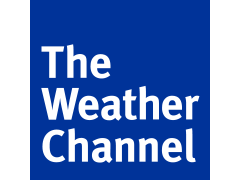
2. 5 Day Pollen Allergy Forecast for Hartford, CT (06101)
Get 5 Day Allergy Forecast for Hartford, CT (06101). See important allergy and weather information to help you plan ahead.
3. Fairfield, CT Air Quality & Pollen | Weather Underground
Pollen and Air Quality forecast for Fairfield, CT with air quality index, pollutants, pollen count and pollution map from Weather Underground.
4. Pollen Count & Local Allergy Forecast For Hartford, CT - WeatherBug
Get the current pollen count & local allergy forecast for Hartford, CT. Get the latest updates on pollen levels & other related allergy news. Visit today!
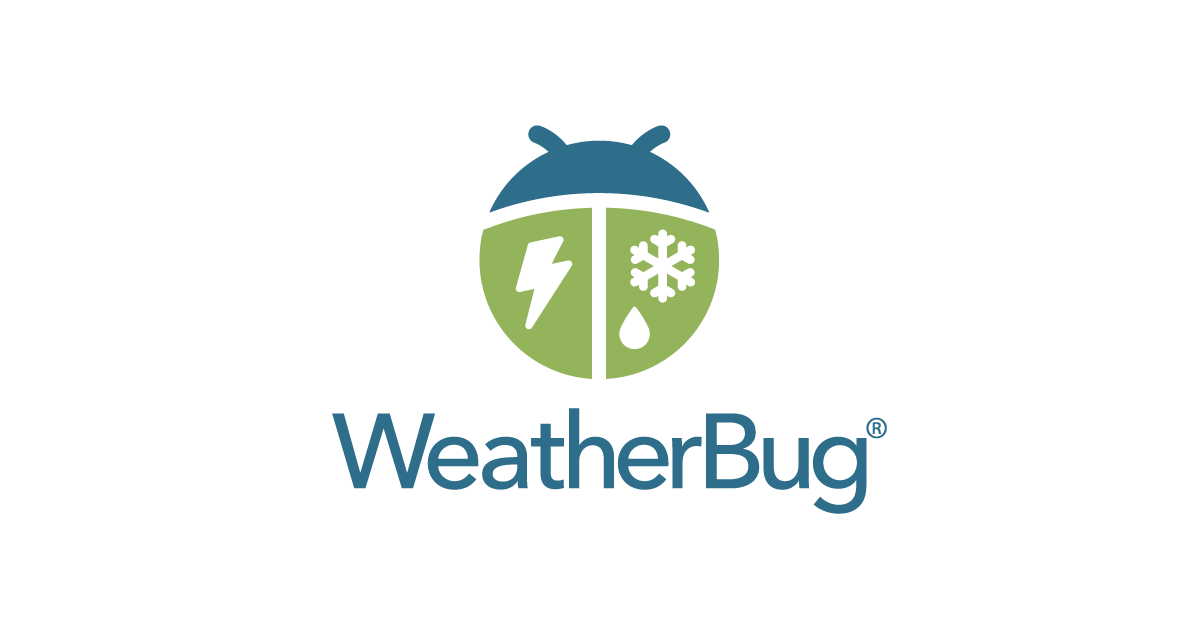
5. Hartford, CT Air Quality & Pollen | Weather Underground
Pollen and Air Quality forecast for Hartford, CT with air quality index, pollutants, pollen count and pollution map from Weather Underground.
6. Pollen count and allergy info for Hartford - IQAir
Feb 2, 2024 · Hartford pollen count and allergy risks are now 1. Get real-time and forecast pollen count and allergy risks data. Read today's pollen ...
Hartford pollen count and allergy risks are now 3. Get real-time and forecast pollen count and allergy risks data. Read today’s pollen levels in Hartford, Connecticut with IQAir.
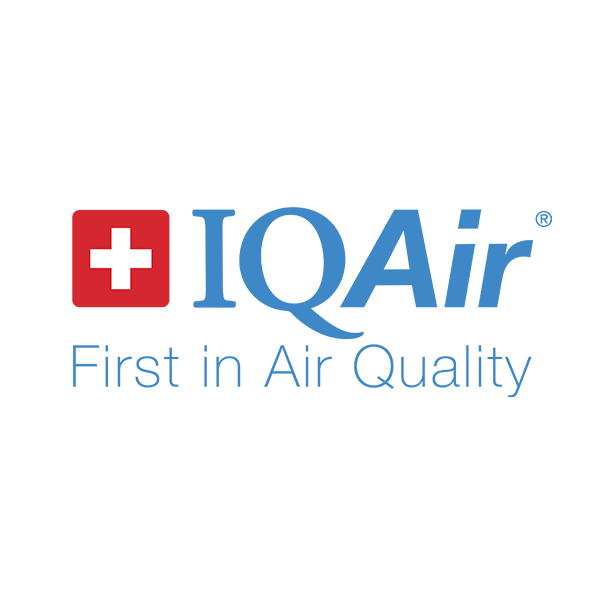
7. Current Pollen Allergy Forecast for Hartford, CT (06101)
Get Current Allergy Report for Hartford, CT (06101). See important allergy and weather information to help you plan ahead.
8. Seasonal Allergies - CT.gov
Seasonal Allergies · Have itchy, watery eyes · Have a stuffy or runny nose · Have an itchy nose and throat · Have a swollen face or a headache · Sneeze or cough ...
See AlsoAn Overview of Teeth WhiteningAn allergy is when your body reacts badly to something that doesn’t bother most people.

9. Pollen Record | Waterbury Hospital
Today's Pollen Count ; Low Levels. The grass pollen levels are currently at 2. Range for Grass: LOW = 0-5. MOD = 6-20. HIGH = 21-200. VERY HIGH = >200 ; Moderate ...
Navigate to Waterbury Hospital homepage
10. Hartford, CT Pollen and Allergy Trends for Summer 2023 - Wyndly
Last to arrive, typically from late August to the first frost, is weed pollen. The main weeds contributing to pollen allergies in Hartford are ragweed, pigweed, ...
Wyndly's Summer 2023 report on pollen allergy counts and trends for Hartford, CT

11. Asthma and Allergy Forecast
Allergy index: a combination of weather factors and plant growth stages that increase the release and airborne spread of pollen. A higher index value represents ...
Changes in the weather can trigger asthma and allergies. Learn how to monitor weather and seasonal pollen so you can better manage your symptoms.

12. Pollen count and allergy info for Middletown - IQAir
Jan 4, 2024 · Middletown pollen count and allergy risks are now 1. Get real-time and forecast pollen count and allergy risks data. Read today's pollen ...
Middletown pollen count and allergy risks are now 4. Get real-time and forecast pollen count and allergy risks data. Read today’s pollen levels in Middletown, Connecticut with IQAir.

13. Discover Your Allergy Forecast with AllergyCast - ZYRTEC
Wondering what allergens are high today in your area? Use this tool to find out & get your local allergy forecast, check today's pollen levels and see the ...
Get allergy forecasts & see pollen counts near you today with our online allergy index tool or try the ALLERGYCAST® app for a personalized allergy forecast & tracker.
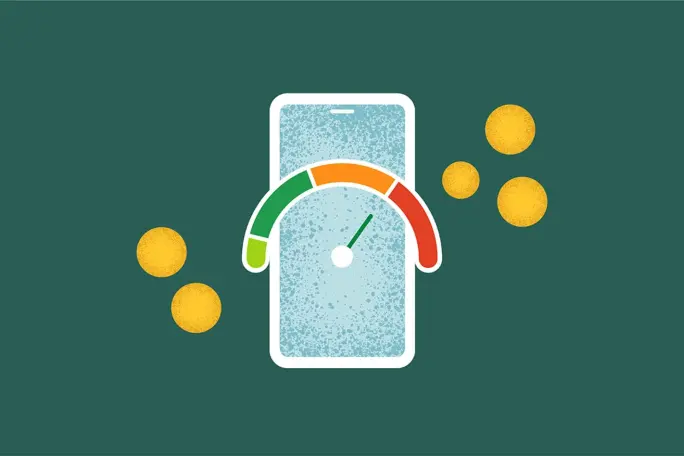
14. Bridgeport, CT Pollen and Allergy Trends for Summer 2023 | Wyndly
When it comes to pollen allergies and hay fever, Bridgeport, Connecticut, is no stranger to these conditions. With the arrival of spring, residents are starting ...
Wyndly's Summer 2023 report on pollen allergy counts and trends for Bridgeport, CT

15. Pollen Count | KSAT.com
Find more weather information and forecasts from KSAT meteorologists our weather page or download the app, which works anywhere in the world.
Latest pollen count information from KSAT.
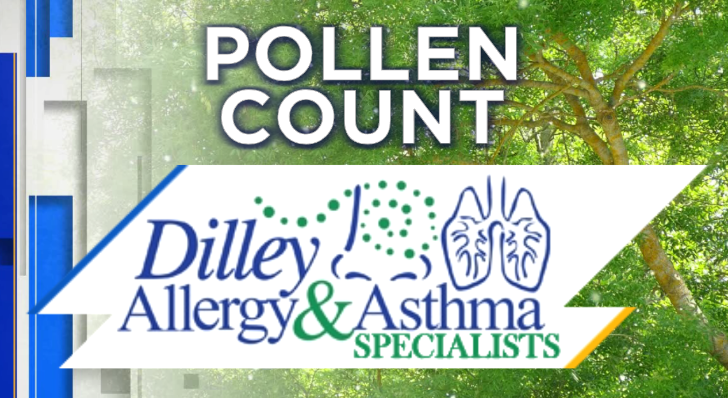
16. Pollen Count on 2024-04-19 | Atlanta Allergy & Asthma
Atlanta Allergy & Asthma's Pollen Counting Station is certified by the National Allergy Bureau. This is the only pollen counting station in the Atlanta area ...
Atlanta’s pollen count and mold activity for 2024-04-19. This is the only pollen-counting station in the Atlanta area certified by the National Allergy Bureau.
17. 3 Connecticut Cities Ranked Among Worst for Spring Allergies in New ...
Mar 16, 2022 · Hartford, New Haven and Bridgeport are ranked in both Most Challenging Places to Live With Allergies for Spring 2022 and Worst U.S. Cities for ...
í½ûÛÈ/ü·qÞ¡Üc»»= ²%µW#ÍLk=òhGÍzÆ P }Y~óýóE±Ï²â'9¿Ì*\HÝìnÉÞر UYYYYuÉzü«qWHÌÊyrüð1ýINìE©þýë=JññÃB
18. Pollen Count - Find Pollen Levels Near Me | Kleenex® US
TREE POLLEN. Grass level. 337 PPM. Oak · GRASS POLLEN. Grass level. 0 PPM. Grass/Poaceae · WEED POLLEN. Grass level. 0 PPM. Ragweed.
Discover everything you need to know about pollen count in the US with our pollen tracker and ways to stay prepared for seasonal allergies all year round.